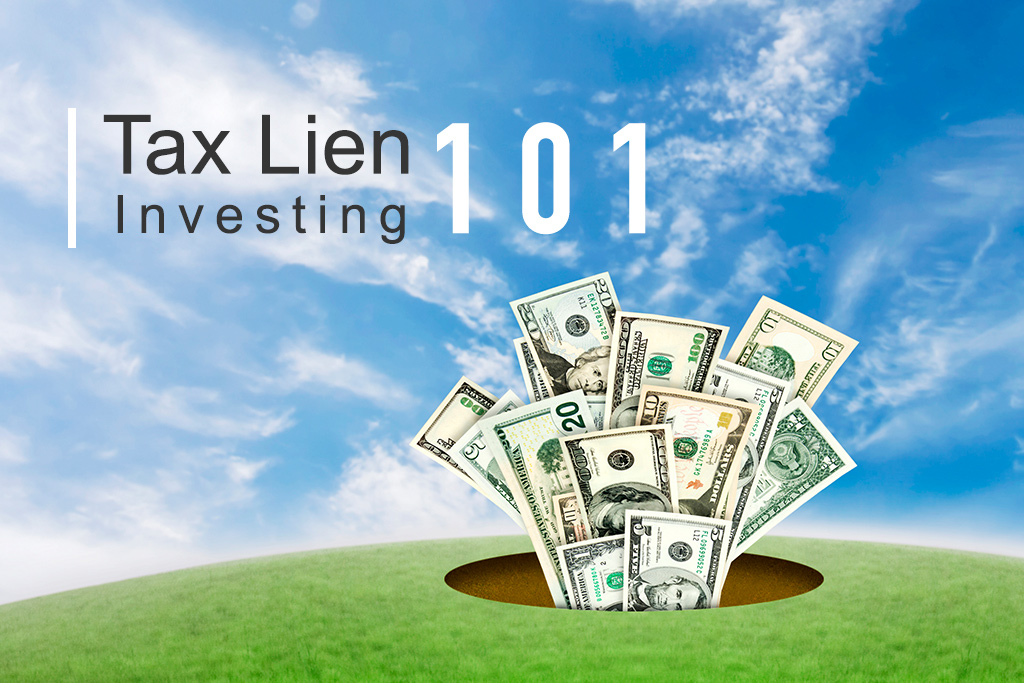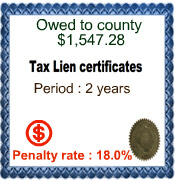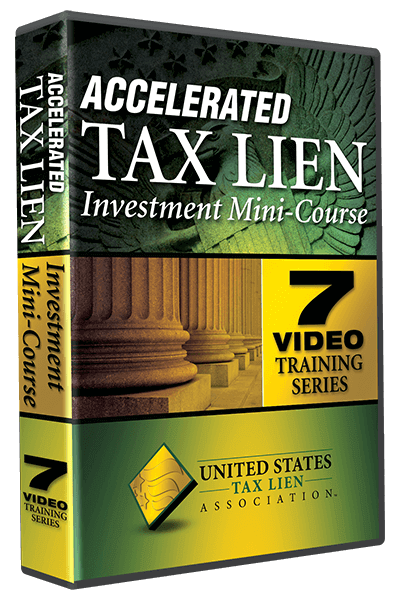All Categories
Featured
Table of Contents
See Internal Earnings Code areas 6334(a)( 13 )(B) and 6334(e)( 1 ). Area 6334 likewise gives that particular properties are not subject to an IRS levy, such as specific putting on apparel, fuel, furniture and family effects, certain books and tools of profession of the taxpayer's profession, undelivered mail, the section of income, wages, etc, required to support minor youngsters, and certain various other possessions.

Beginning January 1, 2015, the Mississippi Department of Earnings will certainly sign up tax liens for unpaid tax obligation debts online on the State Tax Lien Pc Registry. Tax liens will certainly no more be videotaped with Circuit Clerks. A tax lien videotaped on the State Tax Lien Registry covers all property in Mississippi. To stay clear of having a tax obligation lien submitted versus your building, send out the Department of Revenue full payment before the due day as established forth in your Assessment Notice.
How To Do Tax Lien Investing
The State Tax Lien Registry is a public site available on the net that might be looked by anyone any time. Unlike tax returns, tax liens are a public notice of debt. These liens affix to your residential or commercial property and your legal rights to residential or commercial property. When the Division of Earnings has submitted its notification, information from the lien is offered to the general public.

For an individual listed on the State Tax Obligation Lien Computer system registry, any kind of genuine or personal home that the person has or later on gets in Mississippi goes through a lien. The lien signed up on the State Tax Lien Windows registry does not determine a specific piece of building to which a lien applies.
Invest In Tax Liens
Tax obligation liens are provided on your credit history report and reduced your credit score score, which might impact your capacity to get car loans or funding. Mississippi regulation enables continuations on state liens up until they're paid in full; so extensions can be filed consistently making a tax lien legitimate indefinitely.

The lien consists of the amount of the tax obligation, charge, and/ or interest at the time of registration. Enrollment of the tax obligation lien gives the Division a legal right or interest in a person's property up until the obligation is pleased. The tax obligation lien may affix to genuine and/or personal effects wherever located in Mississippi.
The Commissioner of Earnings mails an Assessment Notification to the taxpayer at his last known address. The taxpayer is given 60 days from the mailing date of the Assessment Notice to either totally pay the assessment or to appeal the analysis - tax lien investing for beginners. A tax lien is terminated by the Department when the misbehavior is paid completely
Tax Ease Lien Investments 1 Llc

If the lien is paid by any type of various other ways, after that the lien is terminated within 15 days. When the lien is terminated, the State Tax Lien Registry is updated to mirror that the financial obligation is satisfied. A Lien Cancellation Notification is mailed to the taxpayer after the financial debt is paid completely.
Signing up or re-enrolling a lien is exempt to administrative allure. If the individual believes the lien was filed in error, the person must call the Department of Profits instantly and demand that the declaring be evaluated for accuracy. The Division of Revenue may ask for the taxpayer to send documents to support his insurance claim.
Latest Posts
Tax Sale Overages List
Tax Delinquent Property Sales
Tax Forfeited Land